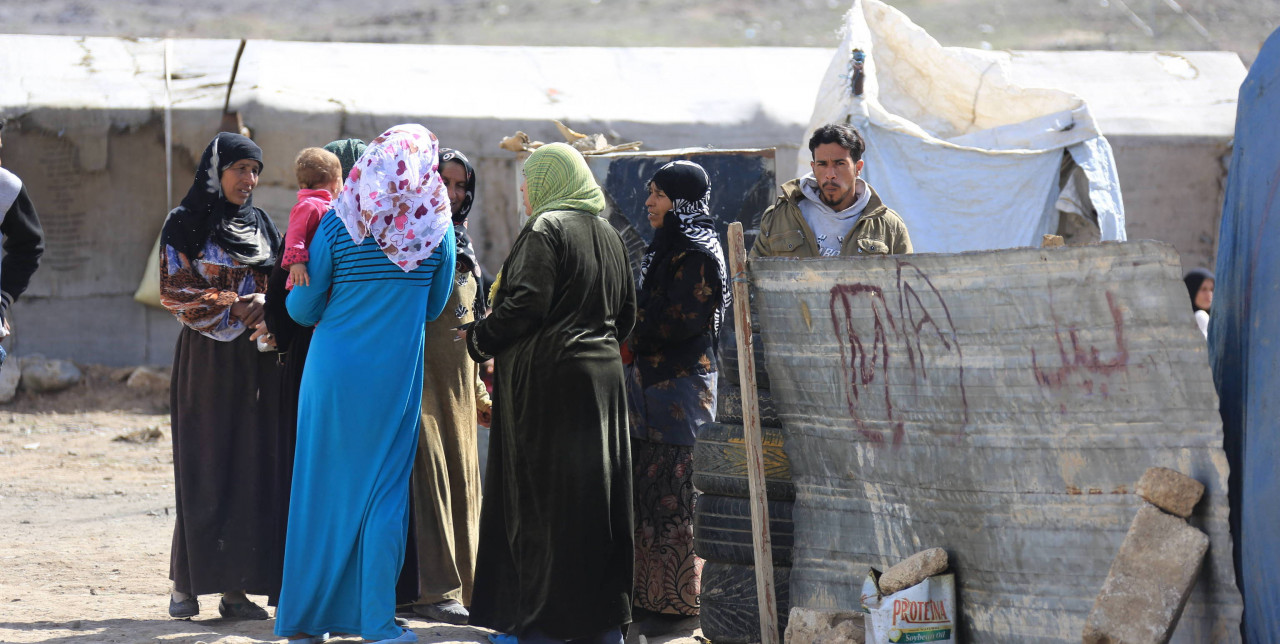27-04-2018 | di COOPI
Hot meals provision for 8,000 IDPs fleeing from East Ghouta
COOPI is about to launch a life-saving humanitarian intervention in favour of 8,000 Internally Displaced Persons (IDPs) fleeing from East Ghouta: a collective kitchen and canteen is being set-up in the Damascus rural area, in the context of a newly identified shelter site, a former bus terminal station with a large parking space (Karnak Transportation company site), with the purpose of ensuring a four-month adequate food assistance
Over 133,000 people have been escaping from Eastern Ghouta via humanitarian corridors, since the village - located in Rural Damascus district, not far from the periphery of Damascus, - was first hit by a violent armed conflict, causing 1,100 civilian casualties since February. Currently 50,722 people are being hosted in 8 collective shelters in the countryside surrounding the Syrian capital.
The conditions of refugees are very hard due to overpopulation and the lack of both resources and hygienic conditions. The hard-fought conflict in Duma has led to further deteriorating of the humanitarian conditions in the area. 8% of children visited are affected by acute malnourishment.
The project, funded by OCHA, will be implemented in collaboration with the Coordination of the humanitarian actors in the area, such as ICRC and UN agencies, and in particular with Syria-Arab Red Crescent (SARC), which will guarantee safe access to the displaced persons and to the humanitarian operators. COOPI will devote attention - and will fit its assistance procedures accordingly - to those most affected by the armed conflict that has been taking place in Eastern Ghouta since February 2018 and to persons with special needs (children, pregnant women and disabled people).
Starting from April and lasting four months, the project will provide hot meals for 8,000 persons to ensure the fulfilment of minimal nutritional requirements (2,100 kcal per day). During the period of the intervention, COOPI will carry on training and raising awareness activities addressed to local staff and families on hygiene, child and women protection. in order to strengthen individual and community resilience. Actions to prevent the spreading of epidemics will also take place and particular attention will be devoted to prevent any Gender Based Violence (GBV).
------
COOPI has been active in Syria since 2016 and is currently about to complete a project financed by the Italian Agency for Cooperation and Development aimed to strengthen the self-sustained livelihoods of vulnerable families living in Q’tana district, Rural Damascus.
Header photo: Ibrahim Malla for SARC




 Syria
Syria